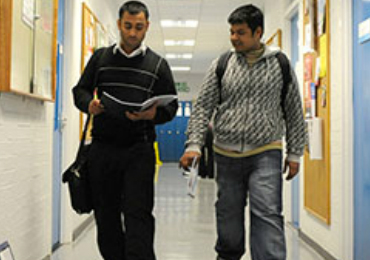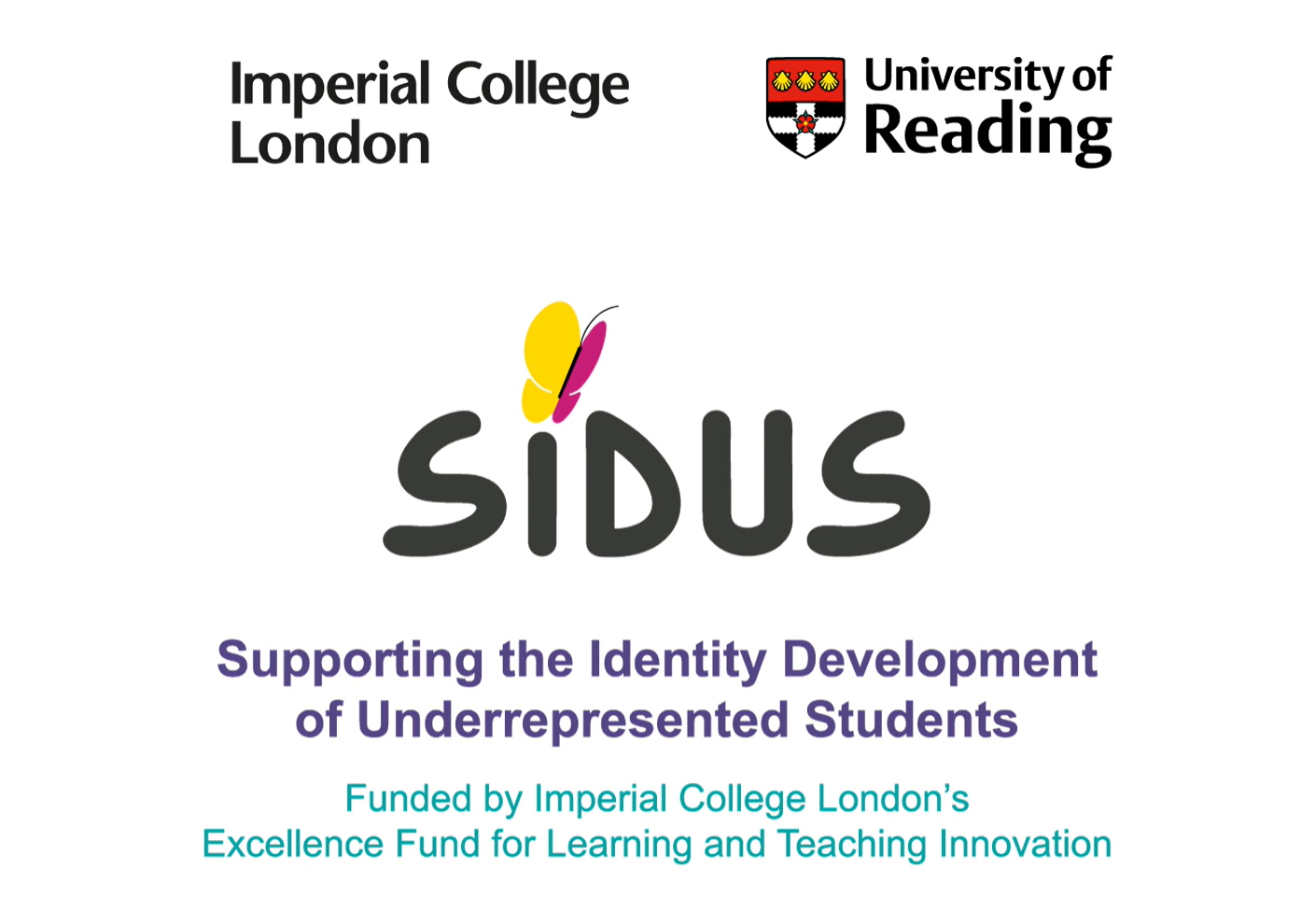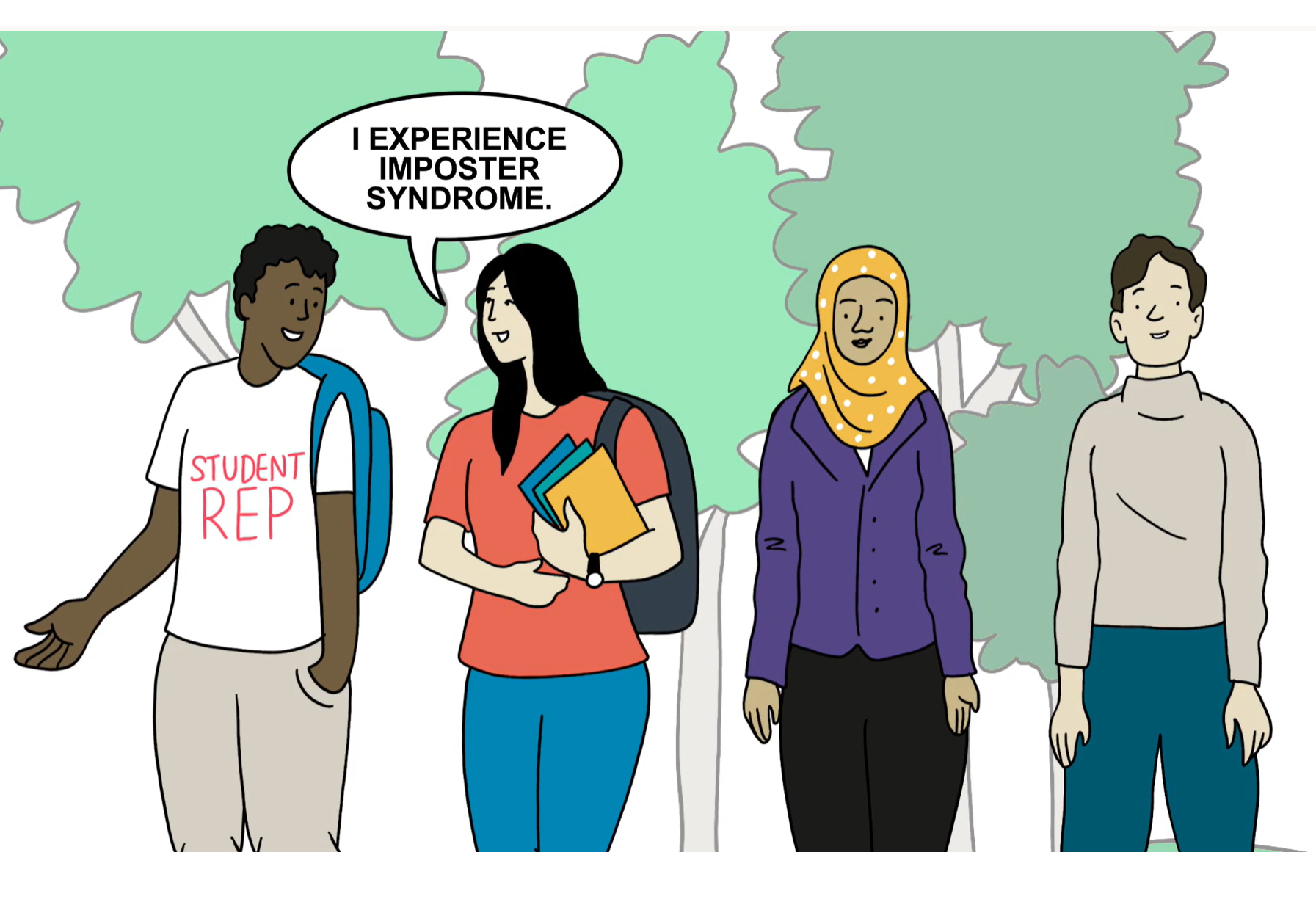
With an increasing number of students from underrepresented backgrounds in Science, Technology, Engineering, Mathematics and Medicine (STEMM) at university, it is important to cultivate a diverse and inclusive academic community for all. This is particularly important for students’ sense of belonging and the development of their disciplinary and professional identities.
Supporting the Identity Development of Underrepresented Students (SIDUS) was a project funded by Imperial College London’s Excellence Fund for Learning and Teaching Innovation, in collaboration with the University of Reading. The aim was to promote inclusion and diversity and support success for underrepresented students in STEMM.
Staff-student partnership: What is the key to success?
In this introductory blog, the project team explain the rationale behind their research.

Aims and objectives
Through a meaningful staff-student partnership, the team from Imperial College London and the University of Reading:
- demonstrate how institutional cultures can be changed through research-informed, co-produced resources distributed in a ‘bottom-up’ way, and
- reflect on their contribution to positive cultural change at both universities.
This change has been showcased through evidence-based case studies, three animated videos and a blog, which focus on how to tackle issues such as competitiveness, imposter syndrome, and lack of belonging for underrepresented students.
Project outputs
The project outputs are intended to showcase the impact of the SIDUS work and create a suite of evidence-based examples/case studies to support institutional culture change. The team has produced these outputs as part of our wider commitment to share, reflect and disseminate good practice that drives culture change at Imperial, Reading and beyond. Where relevant, the team has included links to the SIDUS materials that can be downloaded, adapted and tailored for contextualised usage across institutions.
Video 1 - Overview of the SIDUS Project
This video provides an overview of the SIDUS project. 110 interviews with undergraduate students from Imperial College London and the University of Reading in 2020 were used as the basis of our student support resources and pedagogical interventions: our Student’s Guide to Imperial, bookmarks and poster campaign (co-produced with student partners through Imperial’s StudentShapers scheme) and a staff guide to using these student-facing resources.

Video 2: Imposter Syndrome
This video focuses on Imposter Syndrome, summarising one of our research findings with quotes from student interviewees and analysis. While many students felt like imposters during the transition to university and assessments periods, other students persistently felt like frauds despite their achievements. We highlight that imposter feelings are often produced by exclusionary environments; whereby marginalised students’ imposter feelings were reinforced by their experiences of being marginalised. Thus, we encourage universities to approach Imposter Syndrome as a structural equality, diversity, and inclusion issue.

Video 3: Asking for help: Lakshani's story
This video focuses on one student’s experience of asking for help at university. One of our students - Lakshani (a pseudonym, voiced by an actor) – describes accessing university counselling services and academic mentoring to support her mental health through a difficult transition to university as a student from multiple underrepresented groups in UK higher education. This story highlights common challenges facing students through the words of student. Lakshani’s experience highlights the importance of reaching out for support from friends, student support services, and university staff.

Case studies
The project also comprises three case studies:
Case study 1: Promoting an Inclusive Culture at Imperial College London
This case study reports on the impact the SIDUS project. We include an overview of the project, pedagogical outputs, and the results of six focus groups with students at Imperial College London about their responses to our student-facing resources.
Case study 2: Discussing and addressing Imposter Syndrome through a cross curricular module at Imperial College London
This case study demonstrates how staff at Imperial College London have used the SIDUS Project resources to facilitate discussions about Imposter Syndrome amongst students on a cross curricular module focused on the ‘Science of Learning’. These discussions enable reflections about how to address to Imposter Syndrome at both an individual and cultural level.
Case study 3: Promoting an Inclusive Culture at the University of Reading
This case study reports on the impact of the Student Experiences in STEM (SESTEM) project and the SIDUS project in promoting an inclusive culture at the University of Reading. Some of the resulting initiatives are reflected on by academics and student partners, including reworking SIDUS project bookmarks (produced initially for the Imperial College context) to work at Reading.




